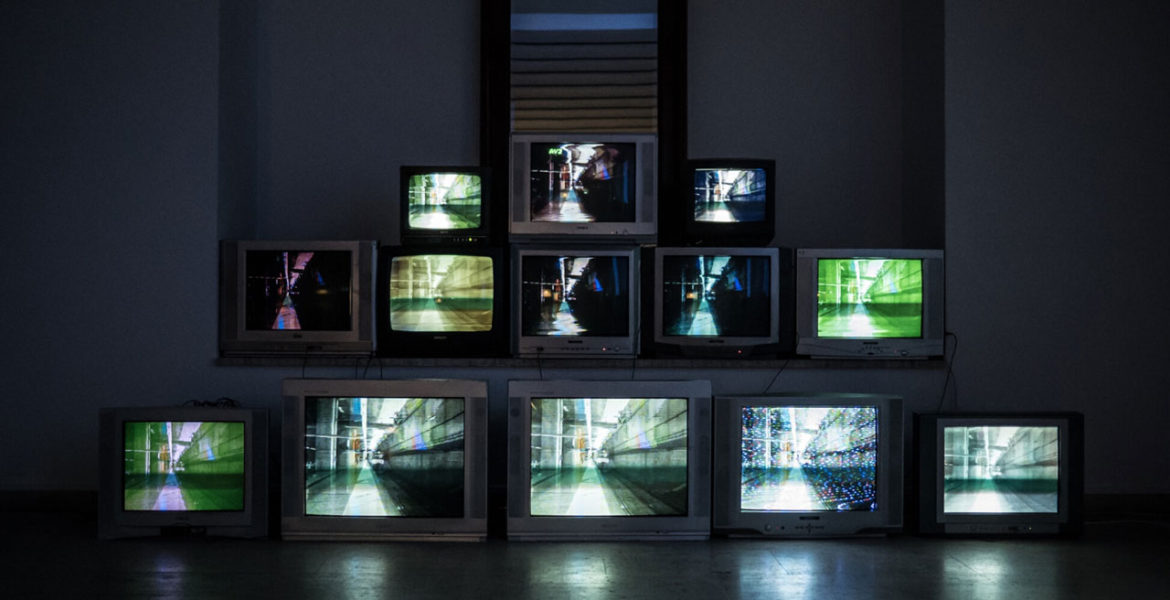Such in-depth knowledge has had a great impact on the content being produced. For example, there’s been a huge increase in diversity – in the faces on screen and behind the camera, and in the types of stories that are being told.
Another benefit is that audiences get more of what they want – it’s a terrific time to be a fan of true crime, for example, or a fan of Gen-Zers in drama comedies, or reboots of shows that network TV didn’t have room for any more.
It’s also an exciting time for interactivity as program makers test out different ways of allowing audiences to become truly involved in the direction of programming and the burgeoning art of AI and VR makes the impossible a reality.
Does knowledge harm creativity?
Like all broadcasters, we are all for knowing our audiences: it’s great for program-makers, taking at least some of the pain out of development hell. And as partners to our advertisers, it’s also great for us and our mission to help brands run effective campaigns and cut down on wasted media spend.
But could having so much data and being so responsive to audience demand have a negative impact on creativity?
It’s down to the industry to ensure we don’t let smart TV lead to predictable TV.
Arguably, every established television format, from the late-night talk show to the long-running serial drama (AKA soap opera), was once an untested – possibly quite unhinged – idea in the mind of some TV exec or writer.
These formats, now recognized by audiences all over the world, didn’t come about because of audience research or because a focus group said they’d like to watch a quiz show or a talent contest, or a bunch of funny sketches.
We can only know what audiences like when we show it to them. Viewers have almost infinite choice when it comes to new programming, not to mention an almost endless long tail of the old favourites (referred to by the archaic term box sets). There’s more reason than ever to embrace creativity when we make programmes.
Keep looking forward
There’s never been a more exciting time to be in this industry. At the last CES in Las Vegas, we’ve seen amazing demonstrations of AI developments, where gaming is headed and the impact of 5G, among many other topics. We at RTL AdConnect have done a deal with TVSquared, on their attribution expertise to make sure advertisers can understand the performance of campaigns on RTL on the day they run. The battle for eyeballs is getting more intense with new players entering the industry.
But all this noise can make us forget what our industry is about – telling captivating stories in the most imaginative ways, using all the tools at our disposal.
It’s no time to stick to tried and tested. We need to come up with unusual ideas that reflect the ever-changing media environment, and the way that consumers are changing and redefining themselves.
We need to come up with ways to help brands adapt to a world that needs them to be a force for good and not just sell us more and more stuff. We need to recognise that programming and advertising can be both purposeful and entertaining, if we put our minds, our most creative brains, to the task.
Giving audiences what they want doesn’t mean giving audiences the same thing over and over. Let’s make the 2020s the decade where television becomes really Total Video and gets more creative than ever.

